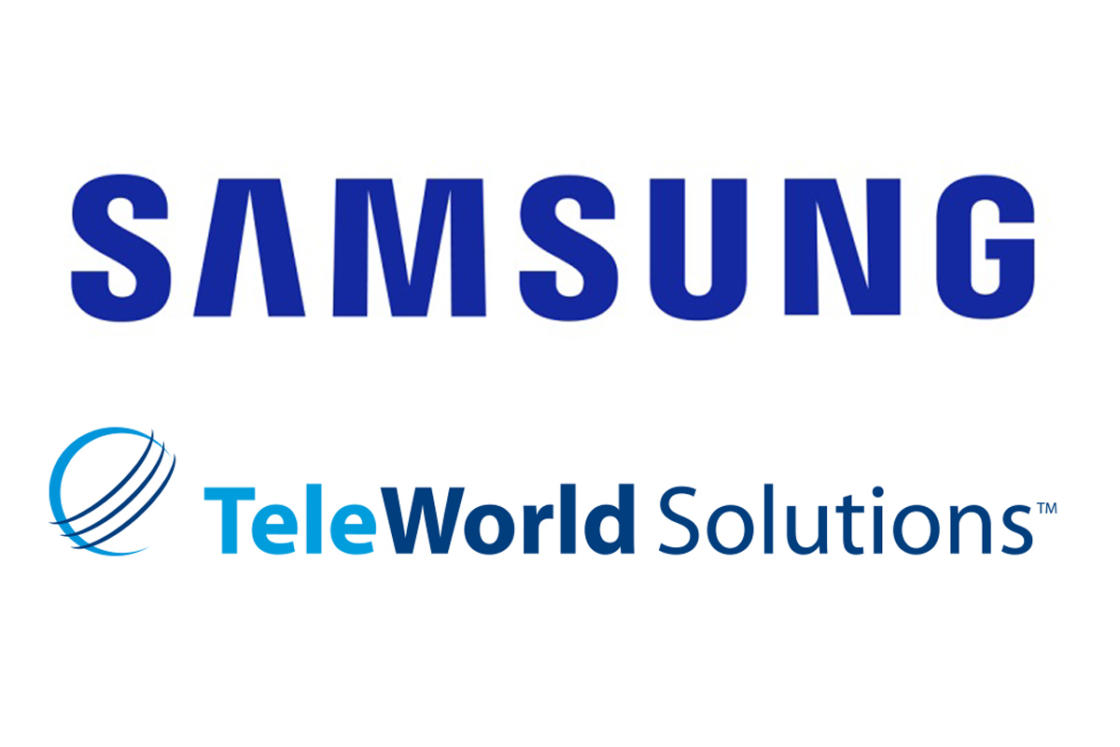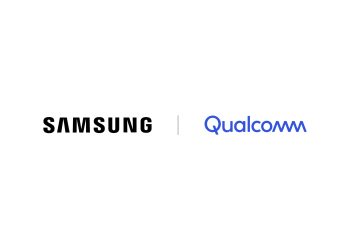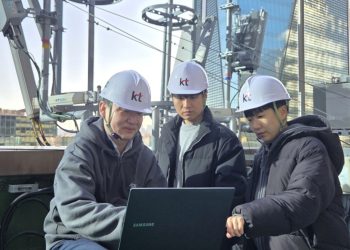Samsung Electronics Co. signed an agreement on Tuesday acquiring U.S.-based network service provider TeleWorld Solutions (TWS).
The South Korean tech giant acquired the Virginia-based telecommunications company to secure its presence in the 5G network infrastructure market as an end-to-end service provider.
TeleWorld Solutions specializes in original equipment manufacturing and providing network system designs, installations, testing, and optimized solutions to telecommunication services and cable operators.
According to Samsung, the privately-owned company, TWS, will become a wholly-owned subsidiary of Samsung Electronics America though independently managed.
The acquisition is Samsung Electronics’ second buyout of a telecommunications market player. In October 2018, the tech company purchased network data analysis firm Zhilabs based in Barcelona.
Executive Vice President and head of networks business at Samsung Electronics, Paul Kyungwhon Cheun, said in a statement that the acquisition of TWS would allow Samsung to meet mobile carriers’ increasing demand for advancing the company’s 4G, and 5G networks.
The buyout will ultimately create new opportunities to improve the company’s service capabilities to its customers.
Shervin Gerami, chief executive of TWS, expressed his excitement that TeleWorld Solutions will become part of the Samsung Family.
“The advent of 5G and the amount of new spectrum coming into the U.S. market requires scale and innovation for the next generation of wireless technologies. Joining forces with Samsung will accelerate innovation to help our customers fulfill their needs for network strategy, deployment, and automation,” he added.
TWS, founded in 2002, delivers consultations, deployment, design, testing, automation, optimization, and software development services to cable operators and mobile services, original equipment manufacturers (OEMs), and other companies in the U.S.
The American company’s core competencies in automated verification of field data-based network analysis expected to help save 50 to 90 percent of the time spent on finding optimal base station locations, extracting sources of interference in radio signals, and designing base station cells, according to Samsung Electronics.







